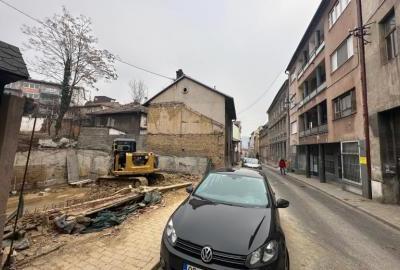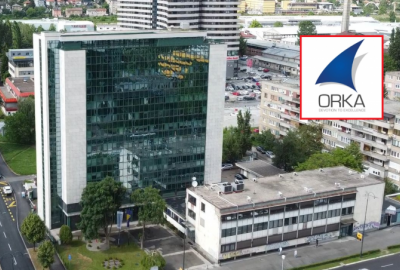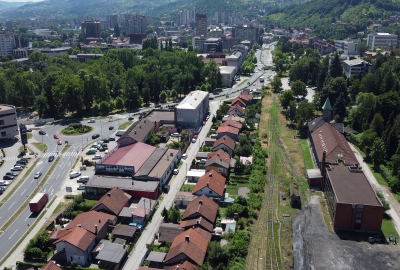Žurnal in English
WHY WERE INDICTMENTS FOR MILLION-DOLLAR CRIMES DISMISSED: Are Prosecutors the Weakest Link in the Bosnian-Herzegovinian Judiciary?
In 2018, the OSCE Mission in BiH warned about poorly crafted indictments and their hasty confirmation, with Damjan Ožegović noting that nothing has changed since then. A former employee of SIPA claims that prosecutors handle public funds without any authorization. The Chief Prosecutor of the Prosecutor's Office of Sarajevo Canton, Sabina Sarajlija, emphasizes the importance of the quality of indictments, and the significant role of pre-trial judges, and acknowledges that in individual cases, we can discuss certain shortcomings on the part of prosecutors.
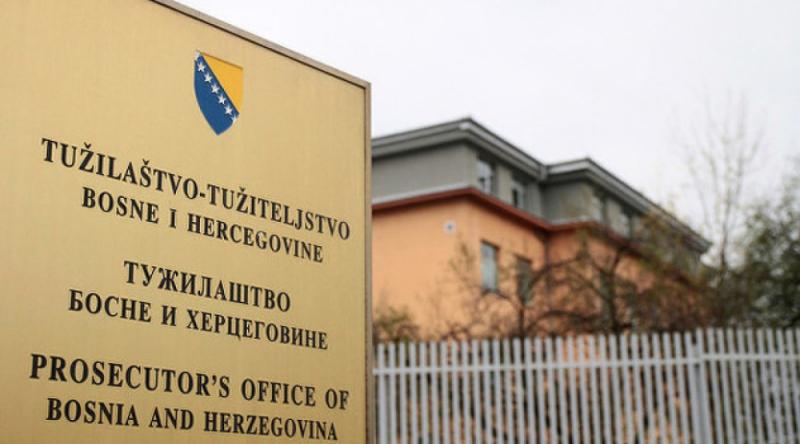
Prosecutors are the Weakest Link in the Judiciary: Damjan Ožegović from Transparency International BiH Issues a Warning
"They should be the pillar in the fight against corruption, but unfortunately, not only do they not combat corruption, but they are also a source of problems", warns Damjan Ožegović from Transparency International BiH.
THEY CHARGE FOR CRIMES THAT NO LONGER EXIST
For years, foreign and Bosnian-Herzegovinian legal experts have been warning about poorly crafted indictments and their hasty confirmation. In its 2018 report "First Assessment of Monitoring Corruption Cases in BiH", the OSCE Mission in BiH found that "prosecutors need to improve the quality of indictments, and insufficient control by pre-trial judges leads to the confirmation of indictments that should be rejected."
Ožegović believes that nothing has changed since then. Due to low-quality indictments, many individuals, whose actions have already been investigated and against whom indictments have been filed, are not properly sanctioned because prosecutors, consciously or not, do not formulate indictments correctly.
"Prosecutors often make mistakes and attribute criminal offences incorrectly to the accused. We have had cases in practice where prosecutors mention criminal offences that no longer exist due to changes and amendments to the criminal law", says Ožegović.
One example where a criminal offence was incorrectly described, as pointed out by the court in the issuance of a (non-final) acquittal, is the case of the former Federal Minister of Culture and Sports, Zora Dujmović. She was charged with employing advisors who did not meet the conditions prescribed by relevant regulations, allegedly committing an abuse of position or authority, according to the prosecution.
During the reading of the verdict, the court emphasized that it had considered reclassifying the criminal offence in favour of the accused because the allegation in the indictment "consciously omitted to determine" is not a characteristic of the criminal offence of abuse of position or authority.
"It should have stated that 'she did not know they did not meet the conditions,'" the reasoning of the first-instance judgment stated. The outcome of the second-instance judgment is awaited in this case.
The court's observation points to a flaw in the factual description of the indictment, which ultimately led to the acquittal, as stated in the report on monitoring the prosecution of corruption cases in BiH for 2022/2023 by Transparency International BiH. The same report also highlighted that a deficiency in the description of the indictment can create room for legal and technical manoeuvres, potentially resulting in the accused going unpunished in corruption cases.
Quality indictments, according to the report, play a crucial role in all stages of the judicial process related to criminal offences of corruption.
PRESENTATION OF IRRELEVANT EVIDENCE
One of the shortcomings of indictments is the large number of accused individuals in a single case.
"It is difficult to prove guilt and maintain the continuity of the trial. In lengthy trials, prosecutors get fatigued, lose focus, and present evidence poorly, ultimately leading to acquittals", emphasizes Ožegović.
In the case of JUSTICE, 46 individuals are charged. The primary accused, Alija Delimustafić, was arrested in November 2016 and charged the following year, and the trial has not yet begun. This case, where the trial has been postponed more than 50 times for various reasons, has already cost us more than 500,000 KM. In the meantime, the case has been separated concerning some of the accused, but even that has not led to an efficient trial.
BOBAR BANK CASE: The indictment for multimillion-dollar criminal activities in Bobar Bank was filed in March 2017. It included Darko Jeremić and 15 others. The trial began at the Court of BiH in July 2017, and a year later, they separated the case regarding the former director of the Banking Agency of RS, Slavica Injac, transferring it to the District Court in Banja Luka.
The indictment against Injac was changed, and in January of this year, she was acquitted in the first instance. The trial continues for the others at the Court of BiH.
Damjan Ožegović states that all of this clearly indicates a conscious or unconscious negligence of prosecutors but also a lack of control mechanisms.
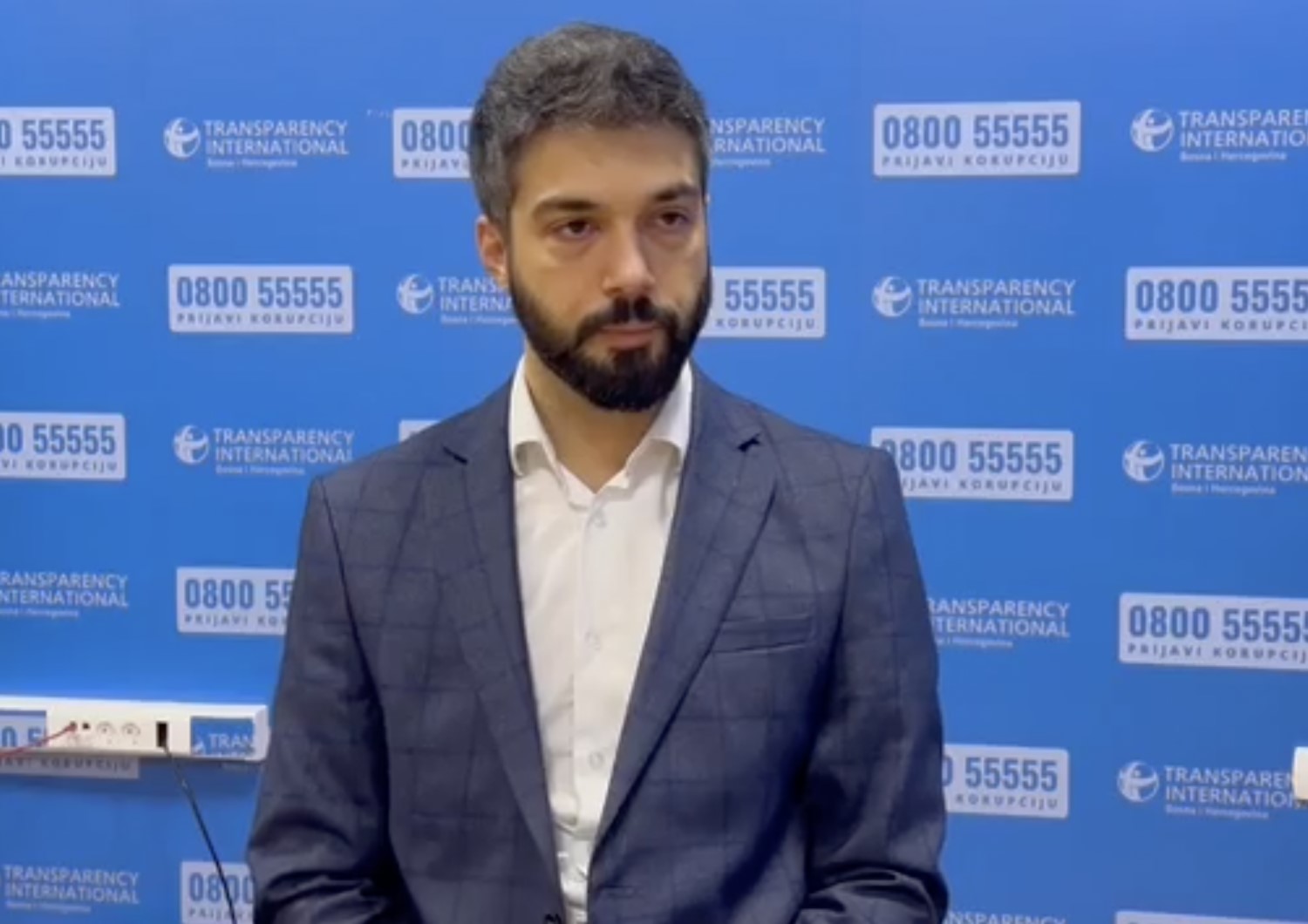
"Even this institute has proven to be weak because many indictments fail, indicating that judges, during the review of the indictment, do not pay even the minimum attention to the quality of indictments", says Ožegović. He added that a quality indictment consists of a clearly and distinctly described criminal offence, which is in accordance with the law and includes a description of the commission of that criminal offence. It should cover a minimal number of individuals, and prosecutors should present evidence closely related to the accusation during the proceedings because they often miss this significant factor and present evidence that is not relevant.
The problem of the (ir)relevance of evidence is evident, for example, in the case against GORAN SALIHOVIĆ. The former Chief Prosecutor of the Prosecutor's Office of BiH was accused in November 2018 of exceeding the limit of more than 83,000 KM allocated for representation. At the end of January 2019, he denied the charges in the Court of BiH, and this court issued a decision to transfer the case to the Municipal Court in Sarajevo "to ensure impartial and fair proceedings." This case wandered between the Municipal Court in Sarajevo and the Court of BiH for some time, and the trial began in 2020 at the Cantonal Court in Sarajevo. It has not yet been concluded.
TI BiH monitors noted that during the trial, the judicial council allowed the presentation of evidence that was not relevant to the legal proceedings, resulting in delays in the process. It was also observed that the defence claimed that some pieces of evidence presented by the prosecution were irrelevant, but the prosecution did not respond to such objections. For example, as evidence of unlawfully acquired gain, the prosecution presented invoices showing the accused's expenditures while he was the chief prosecutor. The defence highlighted that these invoices were issued in foreign currencies, while the accused is charged with illicit gain in the domestic currency, that the invoices are not in the accused's name, that they cover the expenditures of several other people, and so on.
The prosecution did not address such objections.
ASIM SARAJLIĆ - The relevance of evidence has been identified as problematic in the case of Asim Sarajlić and others, in terms of the legality of evidence.
A recording of malpractices during the intra-party elections for the president of the Canton SDA Sarajevo Committee, published in the spring of 2020, reached a judicial conclusion on February 10 of this year: it was declared illegal, while the accused Sarajlić, Sabahudin Delalić, and Muhamed Šehović were acquitted of the criminal offence of "giving gifts and other forms of benefits."
This recording was the key and central evidence of the prosecution, based on which other evidence was obtained. It was not accompanied by additional evidence obtained in another way that would more strongly support the indictment, making it an example of negative practice in terms of obtaining relevant evidence, building a case, and potentially negatively impacting the prosecution of corruption cases, as confirmed by the acquittal in the first-instance verdict.
"The court confirmed the fact that the indictment was essentially based on one piece of evidence, for which there was a well-founded suspicion of its unlawfulness", was determined by monitoring.
In this case, a second-instance verdict is also awaited.
The case of OSMICA is also hard to forget: "It rarely happens that witnesses undermine the case", noted Judge Branko Perić of the Court of BiH in the acquittal of the Director of the Intelligence-Security Agency Osman Mehmedagić and the employee of that agency Muhamed Pekić in the case of extracting video surveillance from the BH Post office branch in Sarajevo.
This was a case handled by the state prosecutor Oleg Čavka. The key arguments posed in the indictment were refuted by the prosecution's witnesses Trifko Buha and Ibrahim Međedović.
Mehmedagić and Pekić were acquitted in 2021, with a final decision.
We cannot fail to mention the PANDORA case: nine years ago, it was announced as one of the most important corruption cases in post-war Bosnia and Herzegovina, "expected to shake the tops of the SDA, HDZ, and SNSD." It started in 2014 with the arrest of 54 individuals, and three years later, only the former director of the Indirect Taxation Authority of Bosnia and Herzegovina (UIOBiH) Kemal Čaušević and two textile importers were indicted. The initially claimed two billion KM damage to the budget of Bosnia and Herzegovina was reduced to 1.7 million KM.
The trial was finally concluded in May of this year.
All arrested employees of UIOBiH have remained, more or less, in their positions.
IMPROVED PROCEDURES FOR SUPERVISING INDICTMENTS
Sabina Sarajlija, the Chief Prosecutor of the Prosecutor's Office of Sarajevo Canton, emphasizes the focus on the quality of indictments, highlighting the significant role of the pre-trial judge.
She points to statistical data indicating an increase in the number of indictments in cases of corruption and organized crime during the period 2019/2022 compared to an earlier period. In these four years, 319 indictments were filed, and 523 individuals were accused of corruption, organized crime, and economic crimes. Approximately 95 per cent of completed cases resulted in guilty verdicts.
"If we look at it from this perspective, our quality is at a very high level", asserts Sarajlija.
She acknowledges that there may be certain shortcomings by prosecutors in individual cases. However, she argues that the analyses conducted by the prosecutor's office often demonstrate that acquittals do not occur due to prosecutor errors but rather due to other circumstances.
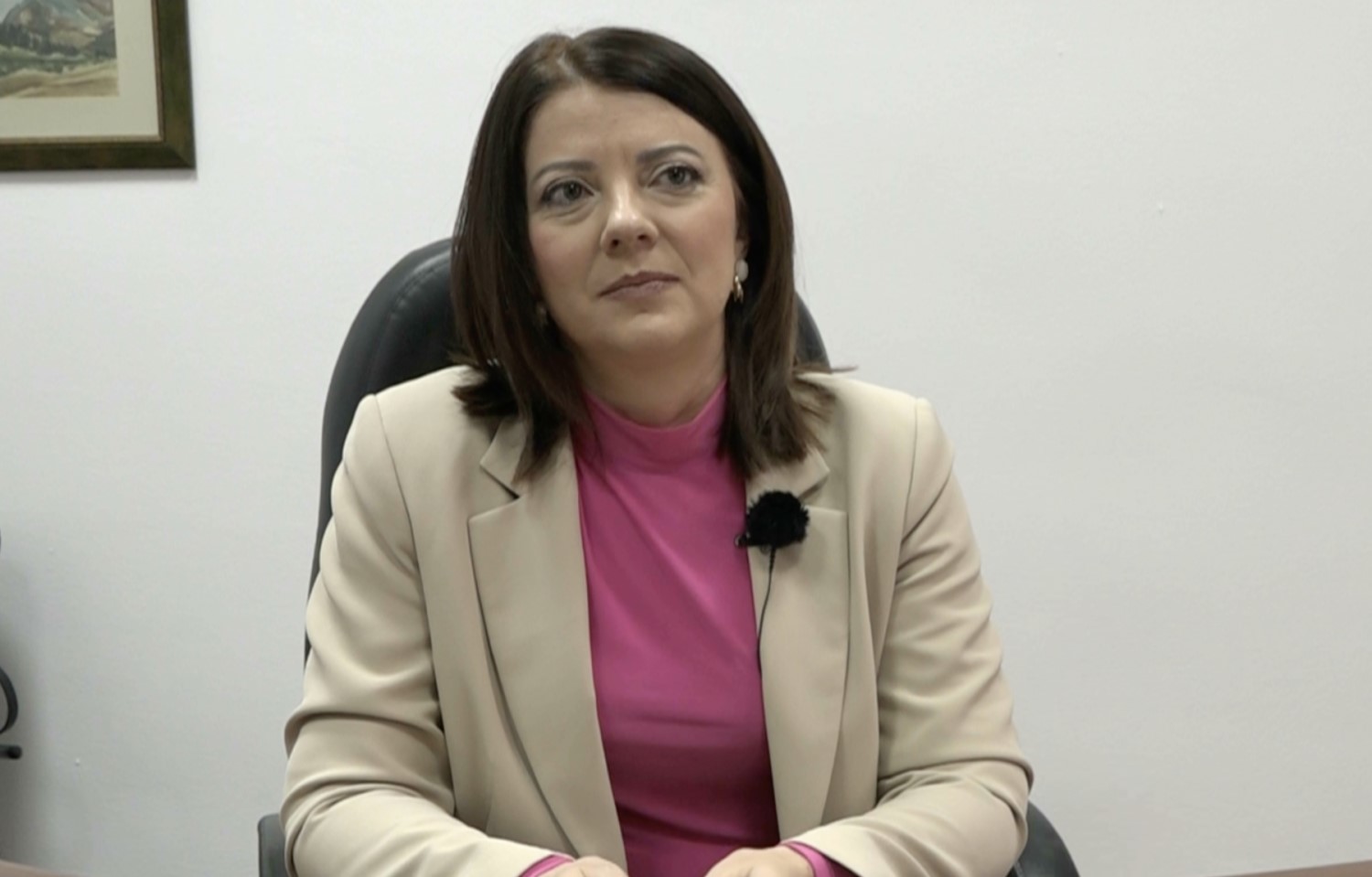
"It happens that there is a shift in judicial practice regarding the interpretation of a legal institute, as our courts also refer to and follow the practices of the European Court of Human Rights, the Constitutional Court, the Supreme Court of the Federation. All these practices aim at strengthening greater procedural protection of the rights of the accused, rather than the rights of the victims. Of course, in situations where there are mistakes in the phase of discovering a criminal offence and the perpetrator on the side of the prosecutors, this is analysed", says Sarajlija, adding that there is a whole set of measures to monitor the work of prosecutors and that the procedures for reviewing and supervising indictments have been improved.
She couldn't comment on individual cases like "Asim Sarajlić" and "Zora Dujmović" as they have not been conclusively resolved. However, she emphasizes that the prosecution will persist through appeals in all cases, and they have often been successful with appeals in the sense that they achieve a conviction after an acquittal.
She reminds that the Criminal Procedure Act of the Republic of Croatia has a provision where public interest prevails over individual interest when it comes to the legality of evidence, a matter on which our legislation has not provided a decisive answer.
"This does not mean that prosecutors should not fight and change some views and standards set by the court. I personally encourage them to do so and believe that some standards set by the court should not be blindly followed because no case is the same; each is unique", she stated.
In her opinion, a flaw in the Federation's system is the absence of a request for the protection of legality as an extraordinary legal remedy that would allow prosecutors to sometimes review decisions of higher instances or legally binding court decisions.
The Chief Prosecutor of the Prosecutor's Office of Sarajevo Canton also emphasizes the important role of the pre-trial judge, suggesting that the most experienced judges should fulfil this role, overseen by court presidents.
"Their duty is to, in the initial phase of the proceedings when reviewing the indictment, identify any deficiencies, determine whether there is a well-founded suspicion that a criminal offence has been committed. If a stronger filter were applied in this phase, and we believe that in Sarajevo Canton, the courts have such a review of indictments in a quality manner, I think it would contribute to shorter durations of our cases and eliminate criticisms of the quality of indictments", Sarajlija believes. She notes that this would be a good guide for prosecutors not to expend their resources on something deemed unpromising by the court at that stage.
Prosecutors Dispose of Public Funds Without Any Authorization
Former Deputy Chief of the Criminal Investigation Department of SIPA, Mirsad Bajraktarević, warned at last year's marking of the International Anti-Corruption Day that there is a legal possibility for prosecutors not to process formed cases but to delay making decisions until a more convenient time when the public is not demanding prosecution. He personally had cases where prosecutors made decisions after 19 years, mostly involving high-ranking individuals.
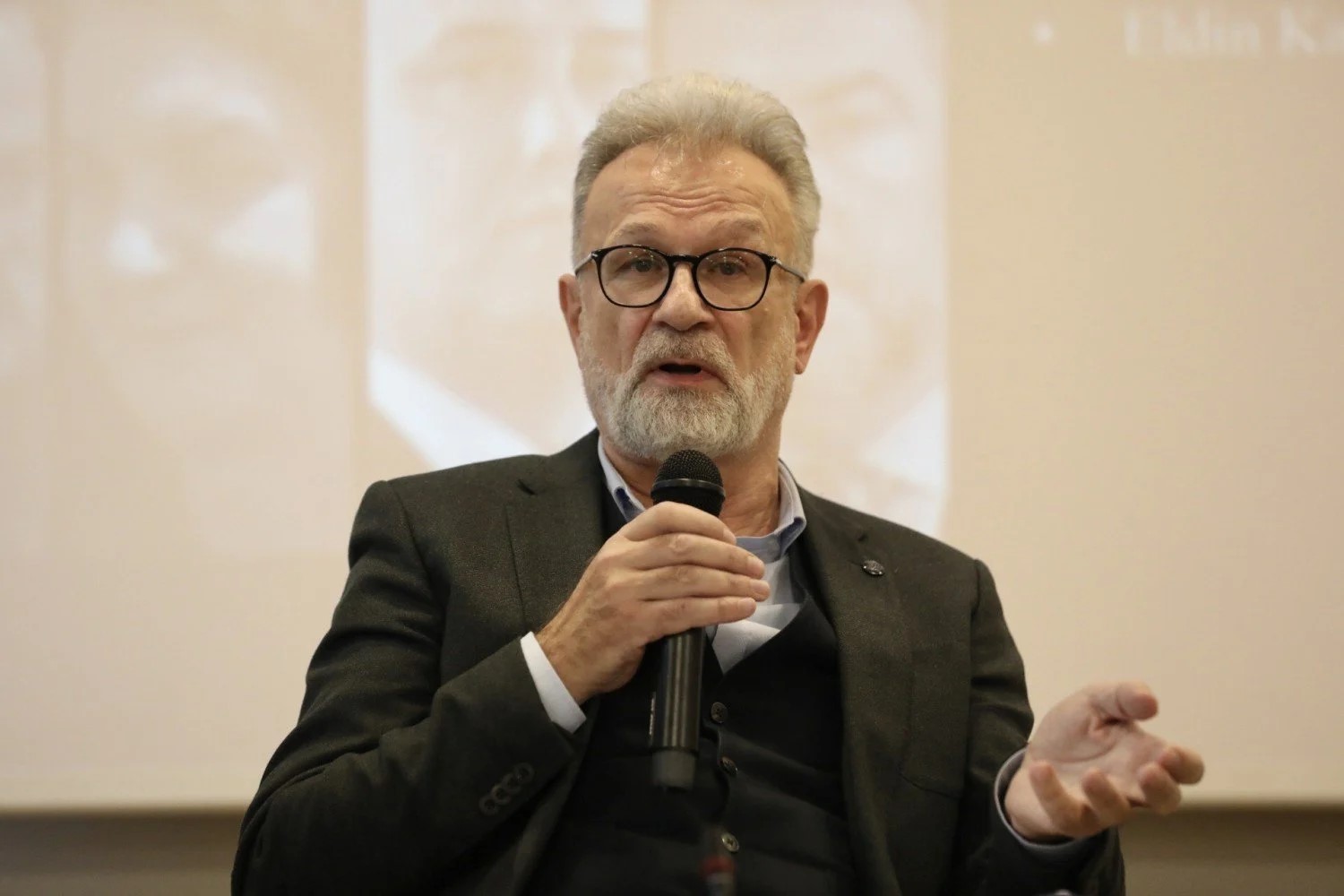
"Every prosecutor's office lacks the ability to conduct an analysis during the investigation, to assess the income and benefits, costs, and losses of that case. Sometimes, a prosecutor spends enormous amounts of money, and in the marathon process, loses. Blank checks for public funds are given to prosecutors; they literally dispose of public funds without any authorization", emphasized Bajraktarević.
This leads to another phenomenon, the famous statement of all prosecutors: "The case has been formed and is in progress."
"They have a notorious phrase: they formed the case, and all prosecutors use it. What does that even mean? As soon as a report comes in, the case is formed, it gets its number, and is assigned to the prosecutor through the electronic system", concludes Bajraktarević.
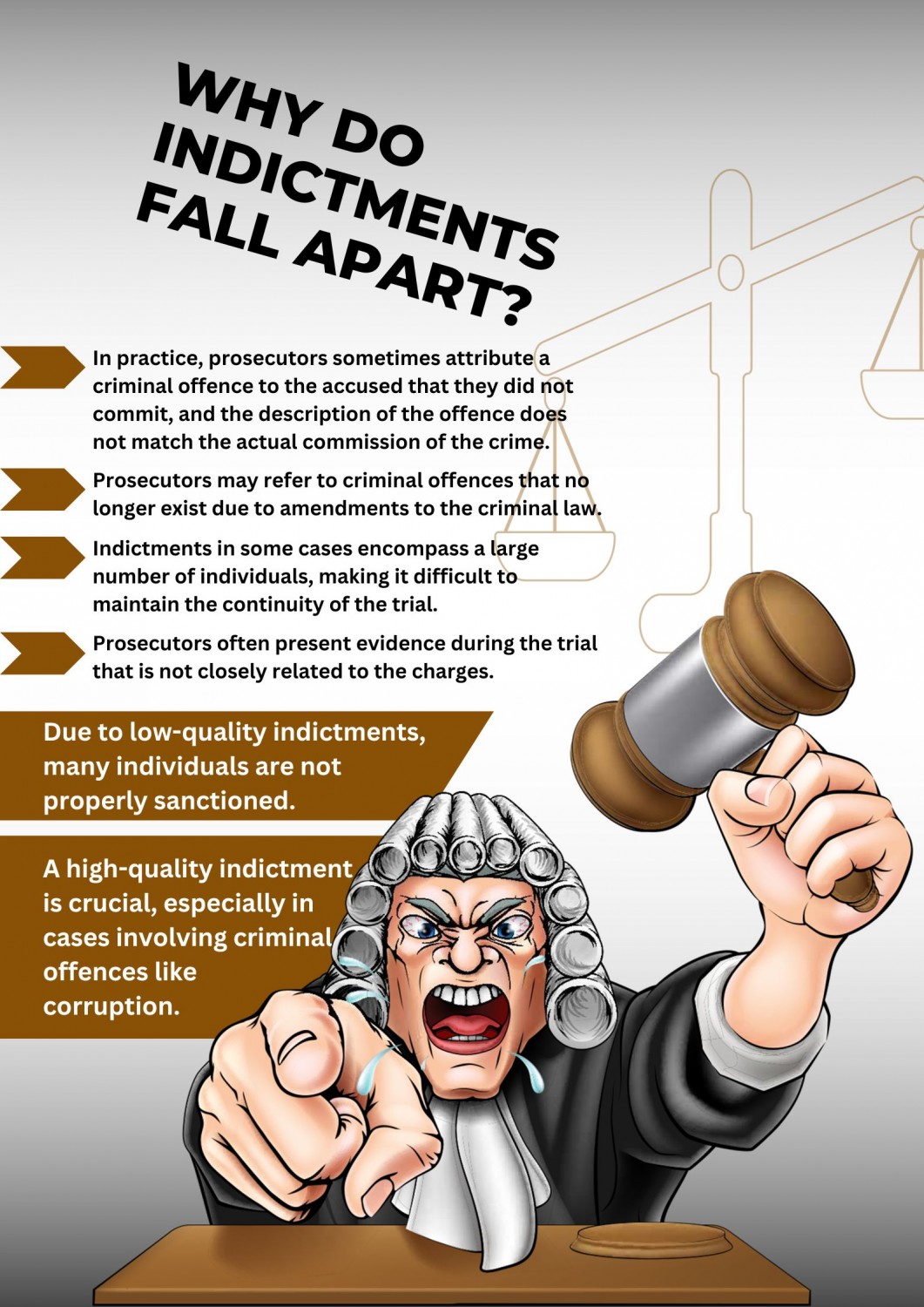
(zurnal.info)





